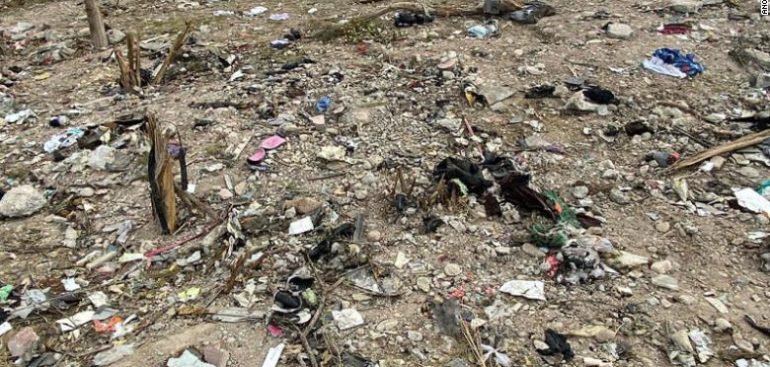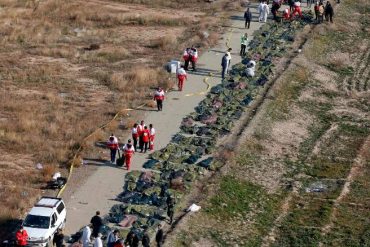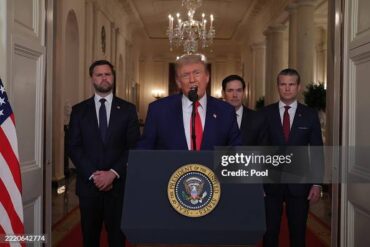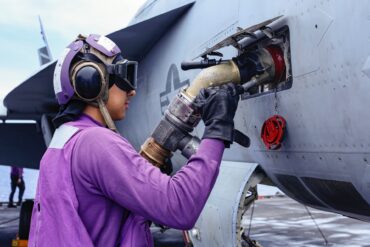Iran’s parliament voted Wednesday to suspend the country’s cooperation with UN nuclear watchdog the International Atomic Energy Agency (IAEA), state media outlet IRIB reported.
The decision by Iran’s Islamic Consultative Assembly, known as the Majles, will now need to be ratified by the Supreme National Security Council chaired by President Masoud Pezeshkian.
Votes by the Majles, particularly when concerning foreign affairs, are often considered to be symbolic unless backed by the more powerful body handpicked by Supreme Leader Ali Khamenei. On Sunday, in the wake of US strikes on Iranian nuclear sites, parliament’s national security and foreign policy committee proposed to the legislature that the Strait of Hormuz, which lies on Iran’s southern coast, should be closed. That decision would ultimately also lie with the Supreme National Security Council.
The IAEA has pushed for a resumption of its relationship with Iran, paused by Israel’s unprecedented strikes on nuclear facilities in the country beginning June 13.
On Tuesday the watchdog released a statement welcoming the end to the 12-day conflict, saying “IAEA inspectors have remained in Iran throughout the conflict and are ready to start working as soon as possible, going back to the country’s nuclear sites and verifying the inventories of nuclear material – including more than 400 kg of uranium enriched to 60% – which they last verified a few days before the Israeli air strikes began on 13 June.
On Tuesday the watchdog released a statement welcoming the end to the 12-day conflict, saying “IAEA inspectors have remained in Iran throughout the conflict and are ready to start working as soon as possible, going back to the country’s nuclear sites and verifying the inventories of nuclear material – including more than 400 kg of uranium enriched to 60% – which they last verified a few days before the Israeli air strikes began on 13 June.
CNN has reached out to the IAEA for further comment.




